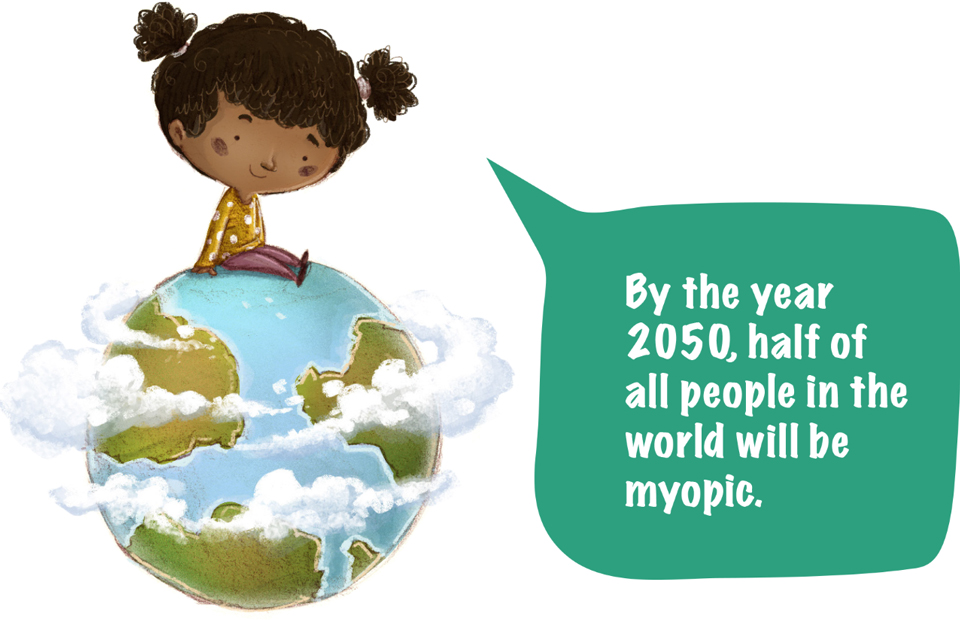- OT
- Industry
- Contact lenses
- No7 Contact Lenses launches myopia campaign
No7 Contact Lenses launches myopia campaign
The company has introduced information packs to help practices educate patients on myopia management

06 May 2022
No7 Contact Lenses has launched a new myopia management campaign, aiming to provide patients with “practical, evidence-based information and advice.”
The company has created information packs to help practices share information about myopia management.
The pack includes patient leaflets, an infographic practice poster and window sticker focused around myopia management. A web-pack, to help practices build a dedicated landing page, and social media content, have also been produced.
Katie Harrop, No7’s professional services director, said of the campaign: “We want this message to meet as many eyes and ears as possible, and we need our customers to help do that.”
No7 customers can register to participate in the campaign online.
Harrop suggested practices can use the myopia management information packs to spread awareness of myopia management, “But, most of all, we want customers to use these materials to start a conversation, engage with their patients about myopia management, share the facts, and let them make informed decisions.”

“For some people, myopia will only ever be an inconvenience. However, we know that a person with myopia is more likely to develop severe eye disease in later life,” Harrop said.
A high myope is at greater risk of developing cataracts, a retinal detachment, glaucoma, and myopic maculopathy, Harrop said, but emphasised, “We are in a position to prevent this.”
“Firstly, we can give practical, evidence-based advice to parents and young people that might stop them from becoming myopic – such as spending 40-80 minutes outside daily,” Harrop explained. “For those who are already myopic, we can recommend treatments that may reduce the end amount of myopia they have.”
“Taking action at the early stages of a child’s myopia progression could have a critical effect on the future health of their vision, so I believe we are obligated to help our patients understand these facts,” Harrop concluded.


Comments (0)
You must be logged in to join the discussion. Log in